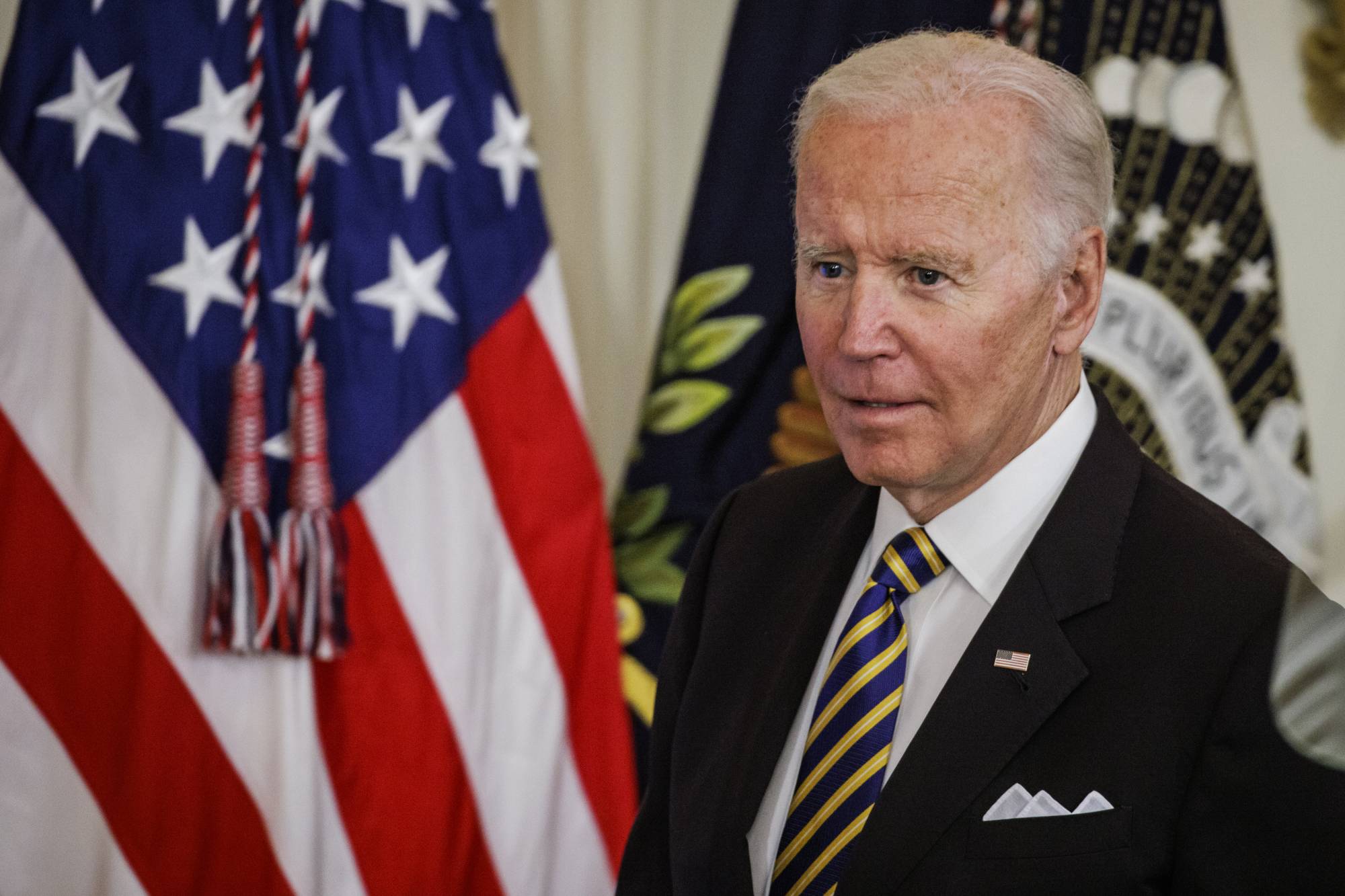U.S. President Joe Biden is set to visit South Korea and then Japan next month — his first trip to Asia since taking office — as Washington aims to boost ties with its key allies in a region confronting rising tensions with China and a nuclear-armed North Korea.
On the trip, Biden will hold bilateral talks with South Korea's Yoon Suk-yeol, who will become president on May 10, and Prime Minister Fumio Kishida as much of the world remains focused on the war in Ukraine. The Tokyo stop will also include a summit of "Quad" leaders — a grouping that includes the U.S., Japan, India and Australia.
The Quad talks will mark just the second in-person leaders' meeting for the group, following a summit at the White House in September attended by then-Prime Minister Yoshihide Suga.
















With your current subscription plan you can comment on stories. However, before writing your first comment, please create a display name in the Profile section of your subscriber account page.